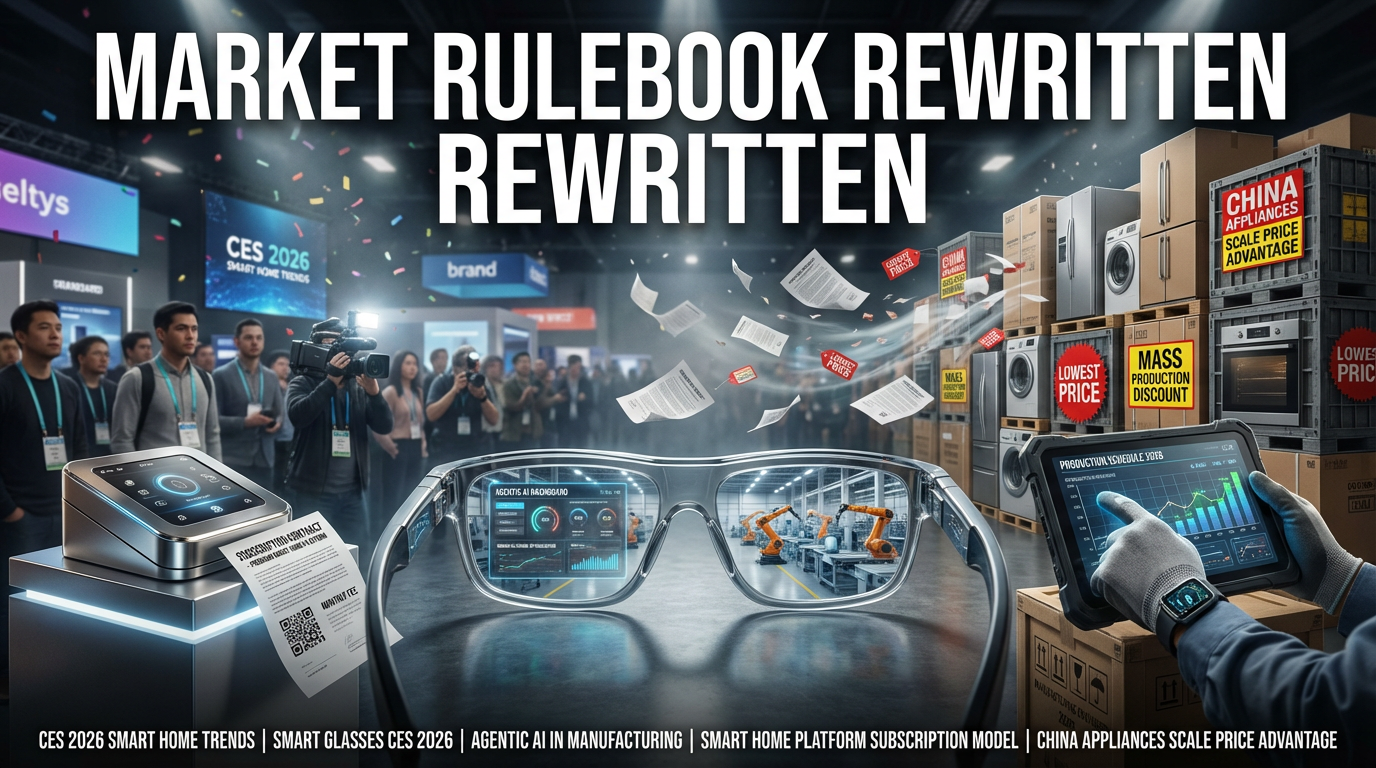LG's Remote Regression
LG's new 2025 edition of the "AI Remote" removes essential features, such as the dedicated button for switching input modes. Instead, users must long-press the "Home Hub" button, which is counterintuitive and designed to push users toward LG's webOS apps. This shift benefits LG financially through ad monetization and subscription cuts but alienates users who value functional convenience over intrusive AI features.
Despite LG's previous success with OLED TVs tailored for high-quality content like Blu-rays, their new approach reflects a stronger shift from being a hardware-focused company to a platform that profits from user data. By investing in webOS and prioritizing corporate-centric features over user wishlists, LG seems to put its needs ahead of customer-focused innovation.
Google's Subscription Model via Gemini AI
Google's direction with Gemini, an AI-enhanced Google Assistant, is being integrated into TVs by several manufacturers like Sony and TCL. This feature introduces far-field microphones that can hear commands even when TVs are off, raising privacy concerns. Additionally, Google hints at charging subscription fees to use this AI assistant, despite minimal proven demand for such features.
While Gemini can suggest movies or answer educational questions, Google admits the current usage of such assistants on TVs is underwhelming. Introducing these capabilities before users adopt them widely hints at premature ventures into monetization without tangible user demand or meaningful application.
Samsung's AI-Centric Features
Samsung's TV functionality now includes Samsung Food, a feature to scan on-screen dishes and recommend recipes. This AI-driven tool requires integration with Samsung's ecosystem, including its fridges and mobile app, demonstrating Samsung’s growing interests in leveraging user data through interconnected devices. Other AI-driven features include karaoke capabilities, gesture controls tied to Galaxy Watches, and AI recipe shopping synced with food delivery services.
Similar to LG, Samsung aims to maximize ad revenue and data-driven services. They have even introduced analytics partnerships to track ad exposure, showcasing their intentions to further monetize their users' viewing habits under the guise of enhancing convenience.
Generative AI Models and Microsoft Copilot
Both LG and Samsung are incorporating Microsoft’s Copilot chatbot into their TVs to streamline complex information or contextual suggestions. From managing content recommendations to tracking nuanced demands, Copilot promises innovation yet risks becoming another forced gimmick until market adoption takes hold. Furthermore, the efficacy of such AI integration on TVs remains speculative as user demand for these features is unclear.
The Problematic "TV-as-a-Platform" Shift
The prevalent theme across the announcements reveals the alarming shift of TVs transitioning from high-fidelity hardware to platform-centric ecosystems designed to gather user data and push monetized software features. Innovations like AI ad tools, subscription-based features, or app-centric remotes seem detached from what customers genuinely want—exceptional sound and image quality.
Economic challenges and competitive pressures are reasons cited for this trend, but the underlying issue lies in the industry's prioritization of corporate profits over user-friendly innovations.
< Summary >
Modern TVs showcased at CES 2025 demonstrate a shift towards being software platforms rather than dedicated hardware for sound and image quality. LG's AI remote sacrifices convenience with traffic-driven features, while Google’s Gemini AI introduces privacy-invasive functionality with subscription models. Samsung is using its ecosystem to push AI features tied to data tracking. Additionally, generative AI features like Microsoft Copilot aim to add interactivity but lack immediate consumer relevance. This shift reflects a broader trend toward monetized ecosystems, leaving consumers sifting through unwanted technology in search of high-quality TV hardware.
< 핵심내용 요약 in Korean >
CES 2025에서 발표된 최신 TV들은 하드웨어와 화질 강화보다도 소프트웨어 플랫폼에 중점을 두는 경향을 보였습니다. LG는 AI 리모컨으로 사용 편의성을 희생하며 사용자 데이터를 수익화하려 하고, 구글의 Gemini AI는 개인정보 침해 우려와 구독 모델을 도입했습니다. 삼성은 자사의 AI 생태계를 기반으로 광고 및 데이터 중심의 기능을 확대하고 있습니다. 동시에 Microsoft Copilot처럼 생성형 AI 기능은 도입되었지만, 소비자에게 확실한 가치를 제공하기에는 부족해 보입니다. 이 모든 것은 고품질 화질 및 사운드를 원하는 소비자들과는 거리감 있는 기업의 수익 중심 전략으로 요약됩니다.
- Crafted by Billy Yang
[관련글 at nextgeninsight.net/]
-
"AI Technology in Consumer Electronics: The Fine Line Between Progress and Hype"
https://nextgeninsight.net/?s=AI -
"Why Privacy Risks Are Growing With Smart TVs"
https://nextgeninsight.net/?s=Privacy



